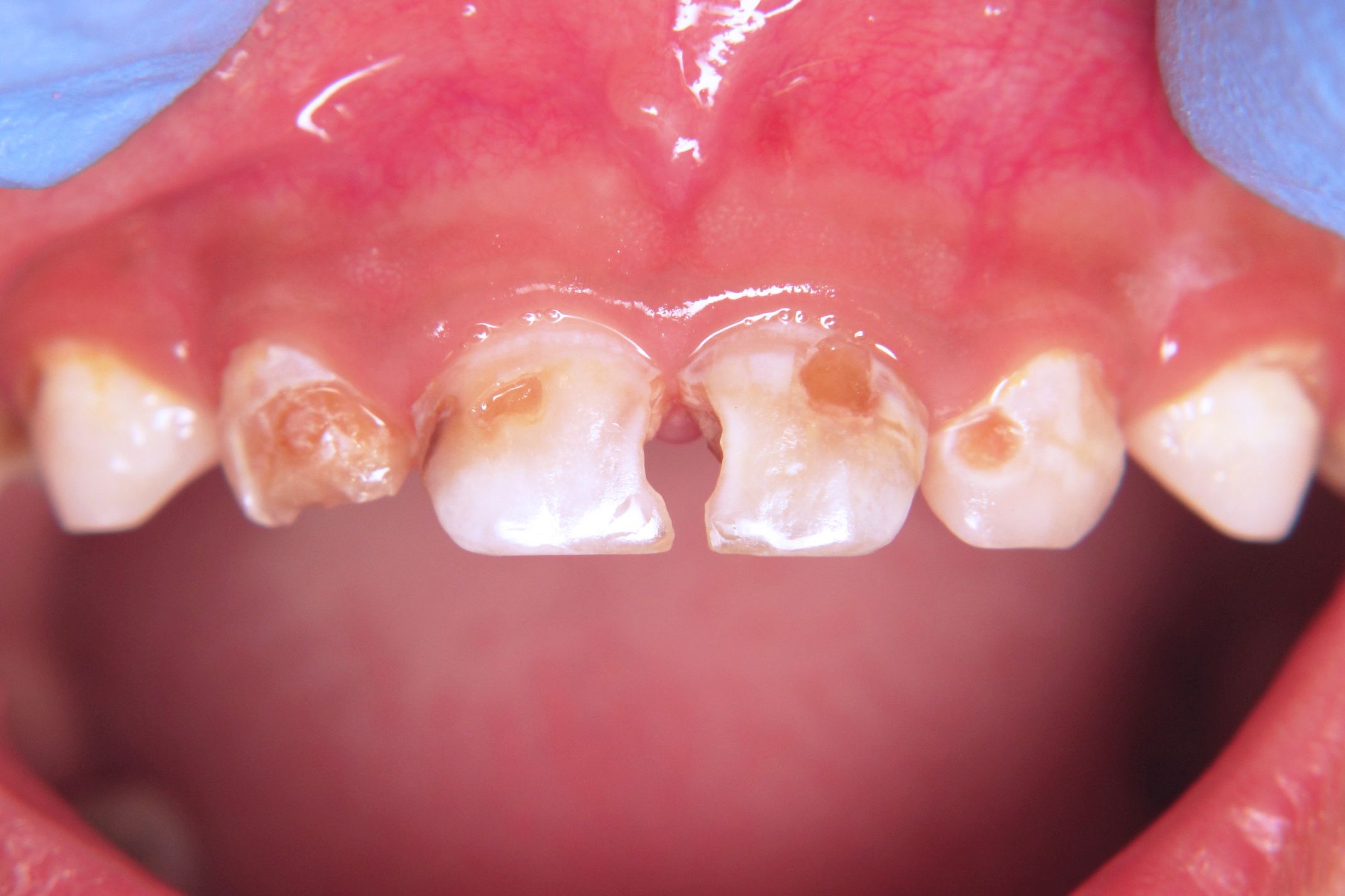
Dental fillings
If your tooth is damaged due to decay or trauma, you may need a dental filling. Dental fillings are used to repair tooth structure, so your tooth can function as well as possible.
Read more

Dental trauma & emergency first aid
If you or someone you know has a tooth (or teeth) knocked out it’s important to remain calm and act quickly.
Read more

Dentures
Dentures are used to replace missing teeth due to tooth decay, gum disease, or trauma.
Read more

Diabetes
People with diabetes, particularly if they have irregular blood glucose levels, have a higher risk of tooth and gum problems.
Read more

Dry mouth
A dry mouth happens when you don’t produce enough saliva. It can increase your risk of tooth decay, oral infections, and gum disease.
Read more

Dummies and thumb sucking
Thumb sucking is a natural habit for babies and usually stops between the ages of two and four.
Read more

Early Childhood Caries (ECC)
Early Childhood Caries (ECC) is a serious form of tooth decay that affects the baby teeth of young children aged five and under.
Read more

Encourage your child to spit, don’t rinse
After brushing, encourage your child to spit the toothpaste out but don’t rinse with water.
Read more

Feeding your baby
Breastmilk promotes optimal growth and development and protects your baby against infections and diseases.
Read more

First dental appointment
It’s a good idea to make your baby’s first dental appointment between 12 – 18 months of age.
Read more

Fluoride
Over the decades, fluoride has become an important part of dental care, due to its ability to prevent tooth decay and strengthen enamel.
Read more

General Anaesthetic (GA)
If your child needs dental treatment which is unable to be provided in the dental chair at the clinic, it may be recommended the care be completed under General Anaesthesia (GA) in hospital.
Read more



